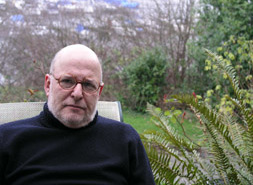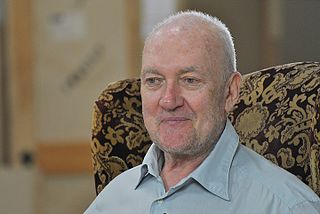A Quote by Tana Mongeau
Related Quotes
I look back and think of all the times I've had to let things go in the past, and how traumatic it seemed while it was happening, but how my understanding of it changed as time passed - and oftentimes things that seem really difficult and traumatic in the short term seem a lot less difficult and traumatic in the long term. So I remind myself of that.


































